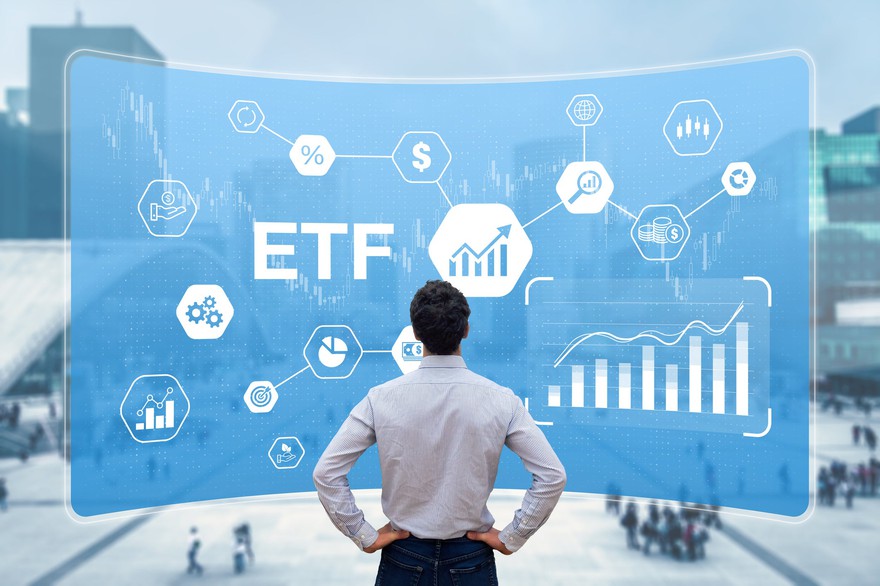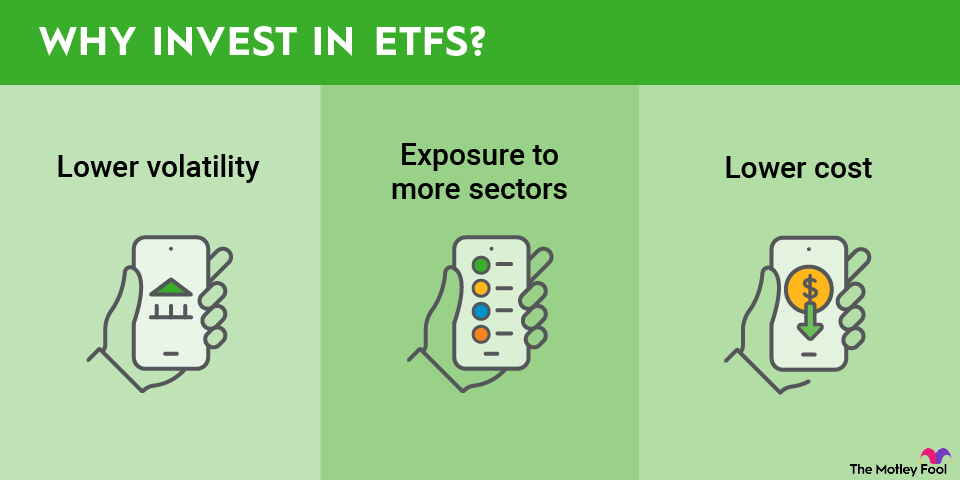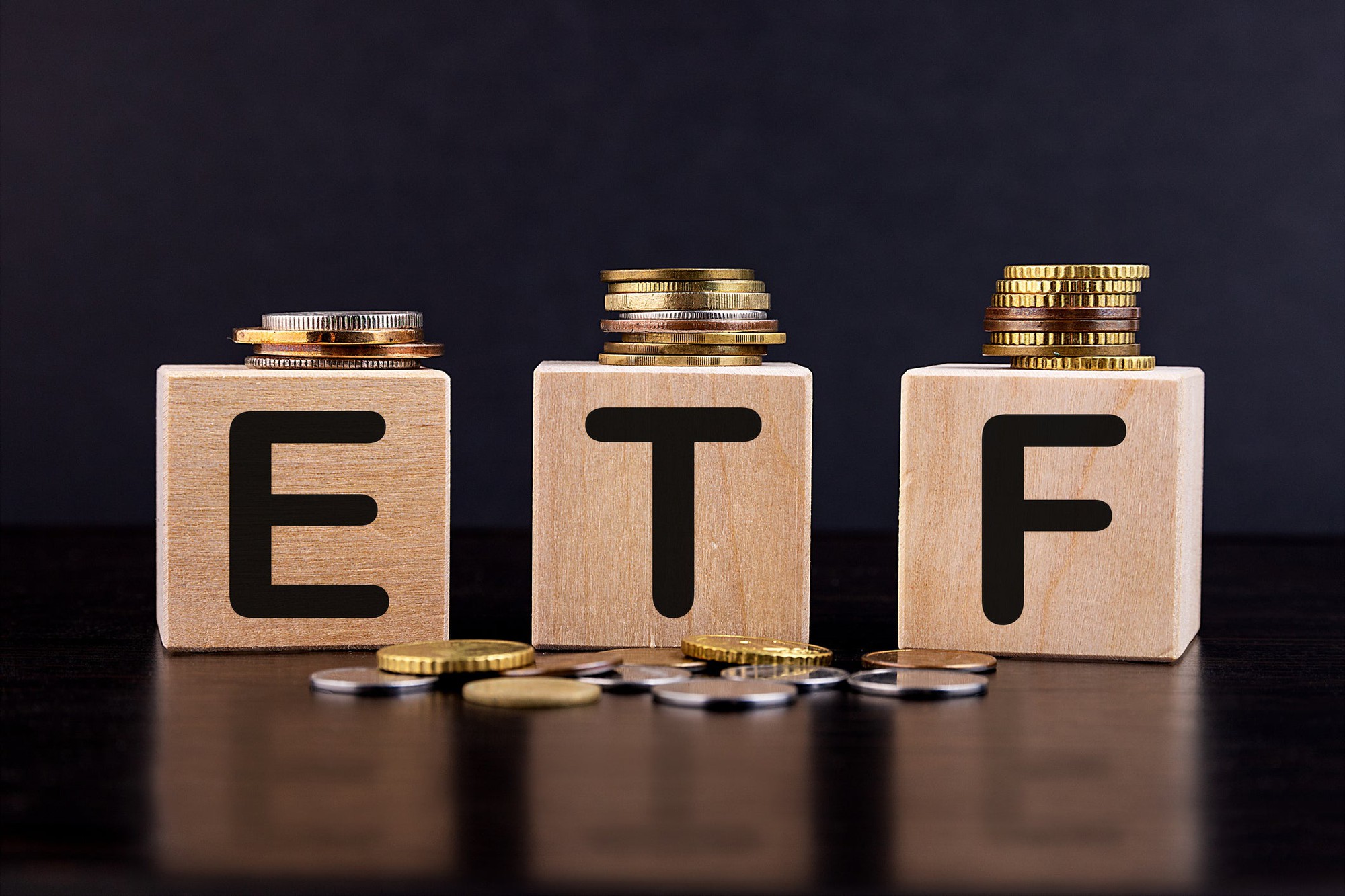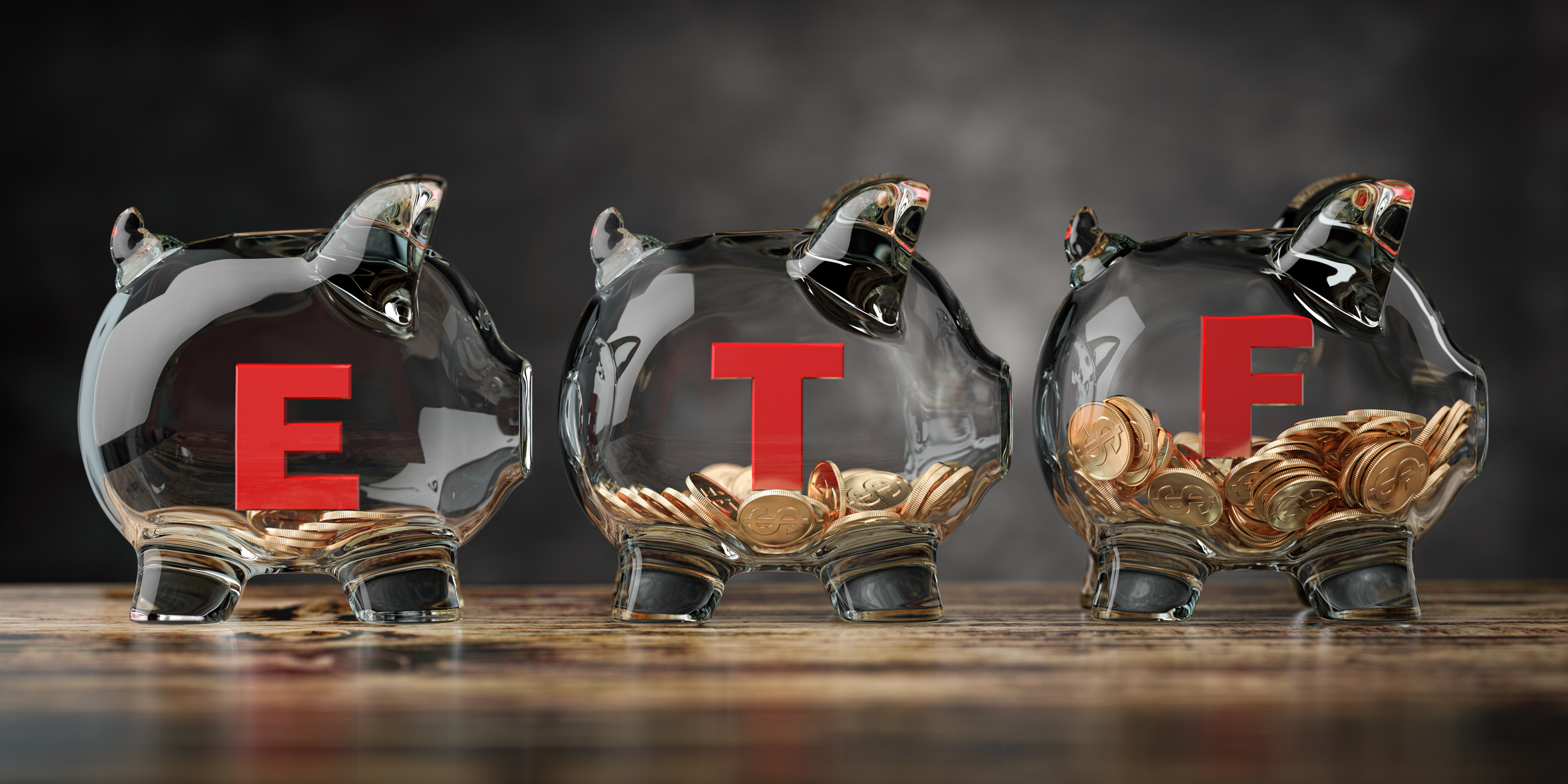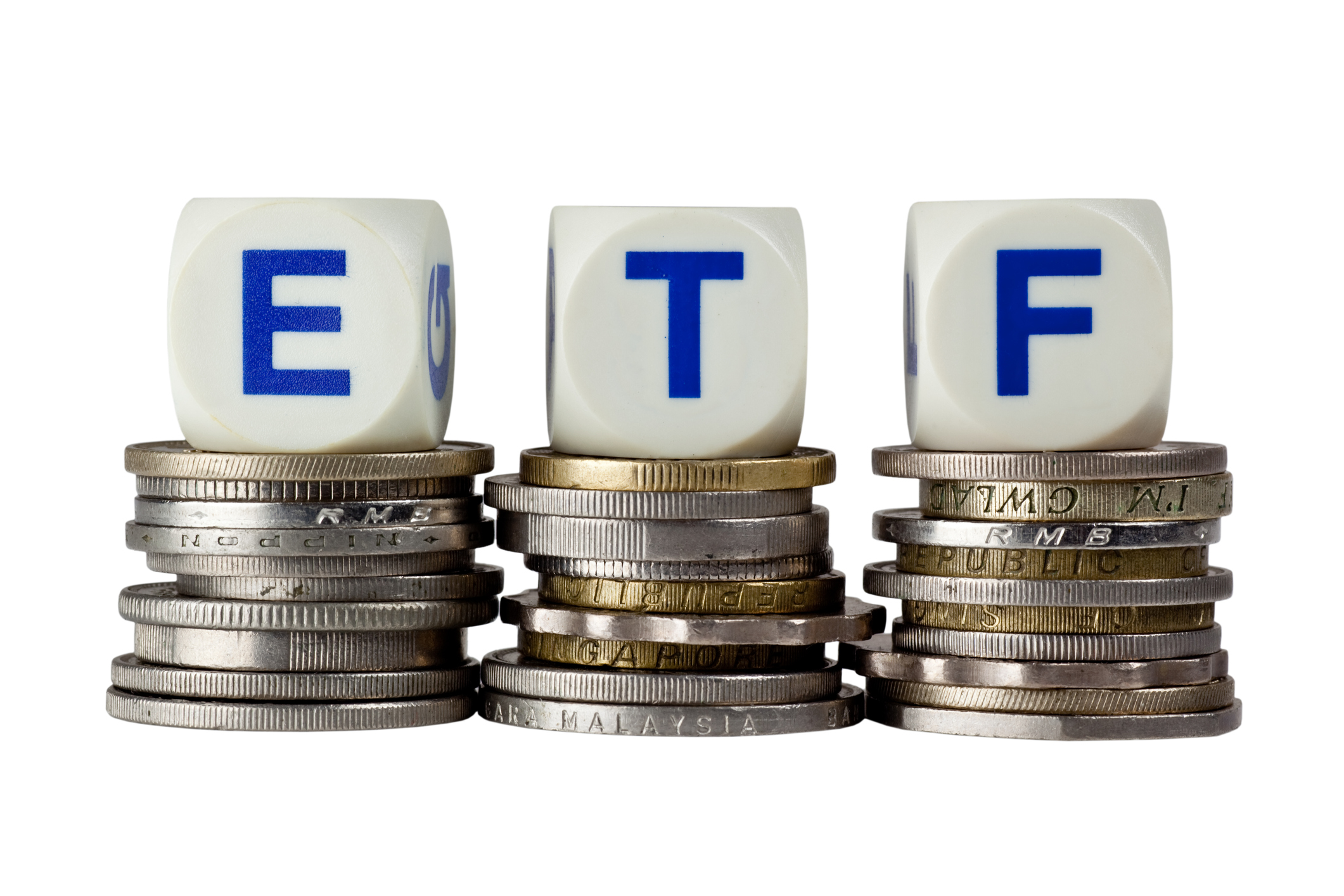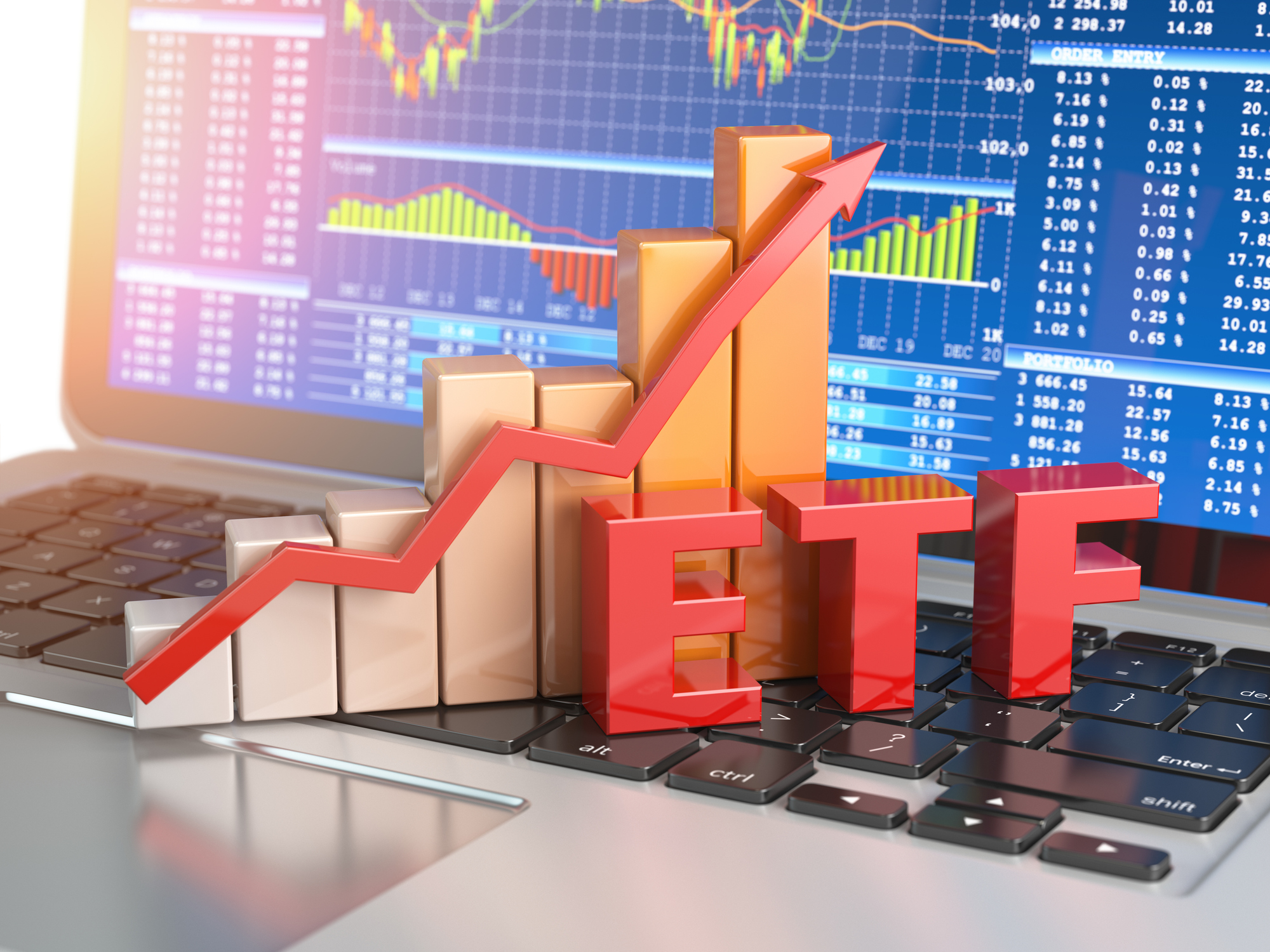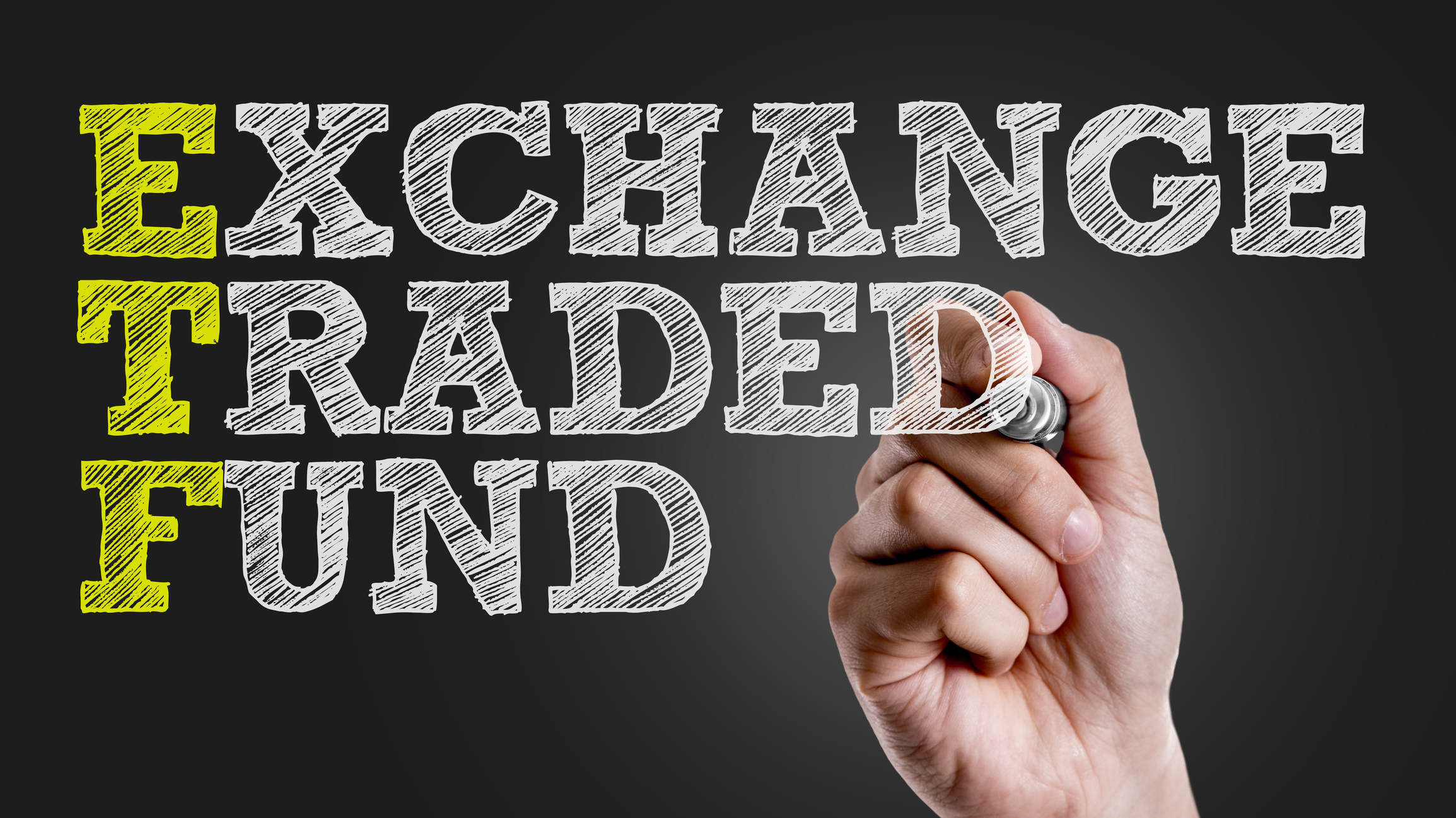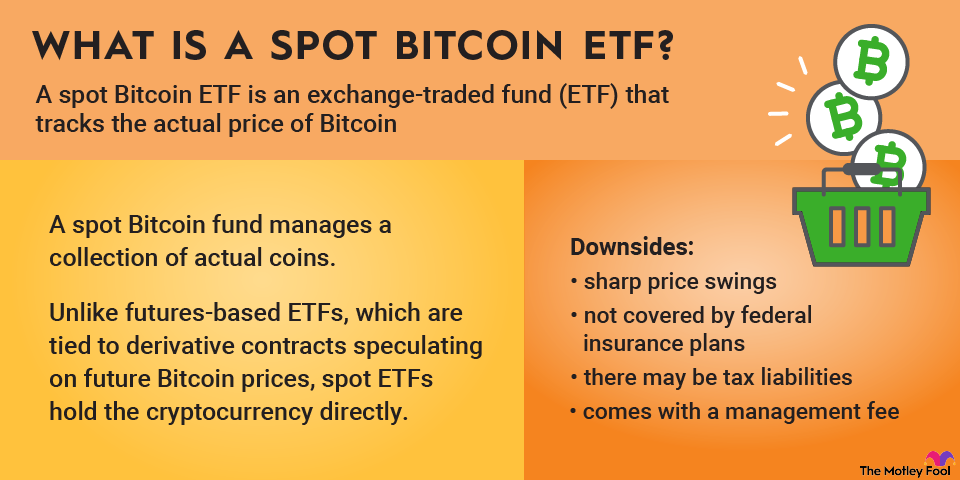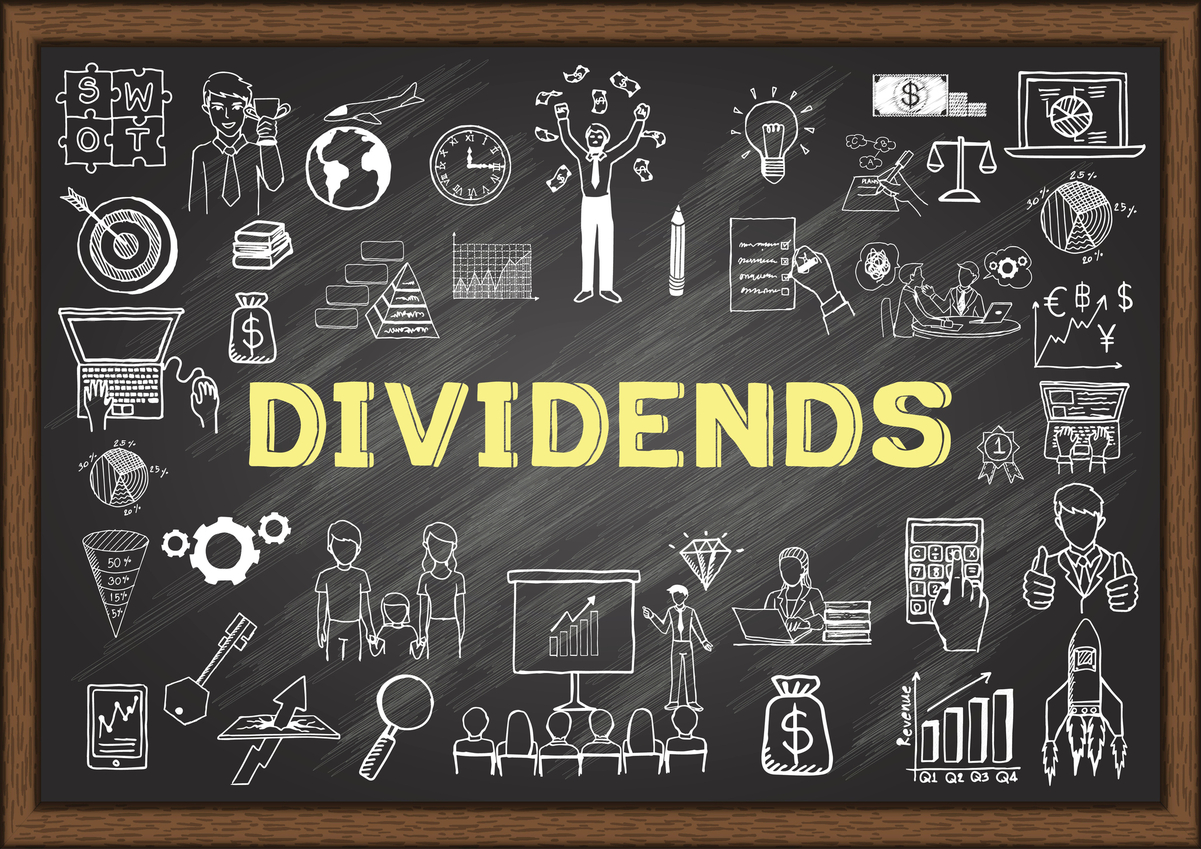Exchange-traded funds (ETFs) and index funds have a lot in common. Both are passive investment vehicles that pool investors' money into a basket of securities to track a market index. While actively managed mutual funds are intended to beat a certain benchmark index, ETFs and index mutual funds are usually intended to track and match the performance of a particular market index.
But the differences between an ETF and an index fund are not as insignificant as they might seem. It isn't just about performance or which type of fund has the best returns.

What is the difference between an index fund and an ETF?
The differences between an index fund and an ETF boil down to four main areas:
- Fees
- Minimums
- Taxes
- Liquidity
Looking at each of these factors can help you determine which one is your best option between an ETF vs. index fund.
1. Fees and expenses
The primary difference between ETFs and index funds is how they're bought and sold. ETFs trade on an exchange just like stocks, and you buy or sell them through a broker. Index funds are bought directly from the fund manager.
Because ETFs are bought and sold on an exchange, you will pay a commission to your broker each time you make a trade. That said, some brokers offer commission-free trading.
Exchange-Traded Fund (ETF)
Dividend distributions compound the issue of the differences between how ETFs and index funds are bought and sold. Dividends paid by index mutual funds can be automatically reinvested (fee-free!) into more shares of the fund.
However, when an ETF pays a dividend, you'll need to use the proceeds to buy more shares, incurring additional commissions and spending time logging into your account to make a quick trade. Some brokers may offer an automatic dividend reinvestment plan on a limited set of ETFs.
ETFs generally have a slight advantage when it comes to annual expense ratios -- which is the percentage of assets you'll pay for managing the fund. But the difference between expense ratios for widely traded ETFs and index funds has almost disappeared in recent years. For more niche indexes, though, expense ratios could differ widely, usually favoring the ETF.
2. Minimum investments
You can invest in an ETF by buying as little as one share, which used to be the easiest way to start investing with very little capital. Several fund managers have lowered their minimum investments for their most popular index funds, so these days you can get started with a relatively small amount of money.
The following table shows the minimum investments for S&P 500 mutual funds from three leading asset managers.
Index Fund Manager | Initial Minimum | Minimum Additional Investment |
|---|---|---|
Fidelity | $0 | $0 |
Vanguard | $0 | $0 |
Charles Schwab | $0 | $0 |
3. Tax differences
Long-term investors who are saving for retirement should use tax-advantaged retirement accounts such as 401(k)s and IRAs. I say this not just because it's smart -- we all know minimizing taxes means more money left in your pocket -- but also because it means you can completely ignore the complicated details of the tax consequences of investing in different types of funds.
Index funds and ETFs are both extremely tax-efficient -- certainly more so than actively managed mutual funds. Because index funds buy and sell stocks so infrequently, they rarely trigger capital gains taxes for investors.
When it comes to tax efficiency, ETFs have the edge. Unlike index funds, ETFs rarely buy or sell stock for cash. When an investor wants to redeem shares, they simply sell them on the stock market, generally to another investor.
When an index fund investor wants to redeem an investment, the index fund may have to sell stocks it owns for cash to pay the investor for the shares. This means mutual funds have to realize capital gains by selling stocks, which results in capital gains (and taxes) for everyone who continues to hold the fund, even if they are currently losing money on their investment.
4. Liquidity
Liquidity, or the ease with which an investment can be bought or sold for cash, is an important differentiator between ETFs and index funds. As previously mentioned, ETFs are bought and sold like stocks, meaning you can buy or sell them anytime the stock market is open.
On the other hand, index fund transactions (like those of all mutual funds) are cleared in bulk after the market closes. So if you put in an order to sell shares of an index fund at noon, the transaction will actually take place hours later at a price equal to the value of the fund at market close. Typically, the cutoff time is 4 p.m. ET. Orders entered after the cutoff are pushed into the next day and completed at the fund's net asset value a day later.
If you consider yourself a trader, this matters. If you consider yourself a long-term investor, it really doesn't matter much at all.
Liquidity
Related investing topics
Index funds vs. ETFs
An ETF is best if you're an active trader or simply like to use more advanced strategies in your purchases. Since ETFs are bought and sold on exchanges like stocks, you can buy them using limit orders, stop-loss orders, or even margins. You can't use those kinds of strategies with mutual funds.
If you're investing in a taxable brokerage account, you may be able to squeeze out a bit more tax efficiency from an ETF than from an index fund. However, index funds are still very tax-efficient, so the difference is negligible. Don't sell an index fund just to buy the equivalent ETF. That's just asking for all sorts of tax headaches.
Buy an index fund if your broker charges high commissions on your purchases and you want to be fully invested at all times. In some cases, you may be able to start investing in index funds with a lower minimum than for its equivalent ETF.
Index funds are also a great option when the equivalent ETF is thinly traded, creating a large spread in the difference between the ETF price on the exchange and the value of the underlying assets held by the ETF. An index fund will always price at the net asset value.
Always compare fees to make sure you're not paying too much of a premium for your choice. If you're on the fence between an ETF and an index fund, the expense ratio could be a good tiebreaker.
